Aplenty Arjuna | Terminalia Arjuna | Marudhu | Tella Maddi | Arjhan | Sadaru
- Delivered today (order Mon-Fri before 12:00, delivery between 17:00 and 22:00)
- Including shipping costs, sent by klbtheme.com
- Pick up at a klbtheme.com collection point is possible
- 30 days to change your mind and free returns
- Day and night customer service
Description
Arjuna also known as the “Arjun tree” is a widely grown tree in India. It has various medicinal properties like antioxidant, anti-inflammatory and antimicrobial.
T. arjuna grows to about 20–25 metres tall; usually has a buttressed trunk, and forms a wide canopy at the crown, from which branches drop downwards. It has oblong, conical leaves which are green on the top and brown below; smooth, grey bark; it has pale yellow flowers which appear between March and June; its glabrous, 2.5 to 5 cm fibrous woody fruit, divided into five wings, appears between September and November.
Benefits Of Arjuna –
Strong heart function and healthy circulation. Arjuna strengthens and tones the circulatory system, rejuvenates the soft tissues, and promotes proper function of the heart muscle.
Healthy flow of blood. Arjuna’s properties support the maintenance of healthy cholesterol levels already within the normal range, balanced blood pressure, and proper coagulation in the blood.
Emotional wellness. Arjuna has also been traditionally used to support the emotional heart, promoting balance for those experiencing grief and sadness.
Balanced lungs. With its affinity for the chest, arjuna can balance excess kapha and pitta in the lungs for clear, calm breathing.
Healthy liver and skin. Arjuna helps reduce excess pitta in the liver and skin, supporting proper liver function and a healthy, clear complexion.
Comfortable digestion. When taken as a tea, arjuna has been used to support healthy digestion.
Healthy reproductive tissues. Arjuna’s astringency can support healthy and balanced reproductive tissue, known in Ayurveda as shukra dhatu.
- For maximum benefits in case of heart problems, Arjuna chaal boiled in milk should be taken 1-2 times a day.
- Arjuna also helps control diarrhea, asthma and cough.
- External application of Arjuna bark (Arjuna chaal) helps manage various skin disorders like eczema, psoriasis, itching and rashes.
Additional information
| Weight | N/A |
|---|---|
| Weight | 100g, 200g, 800g |



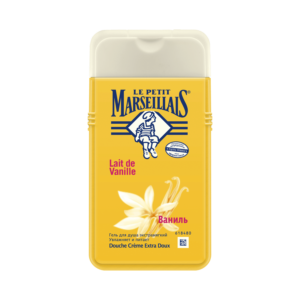

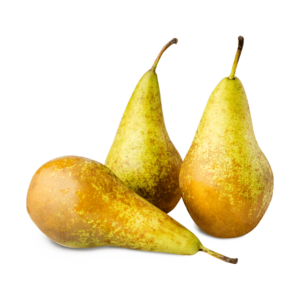

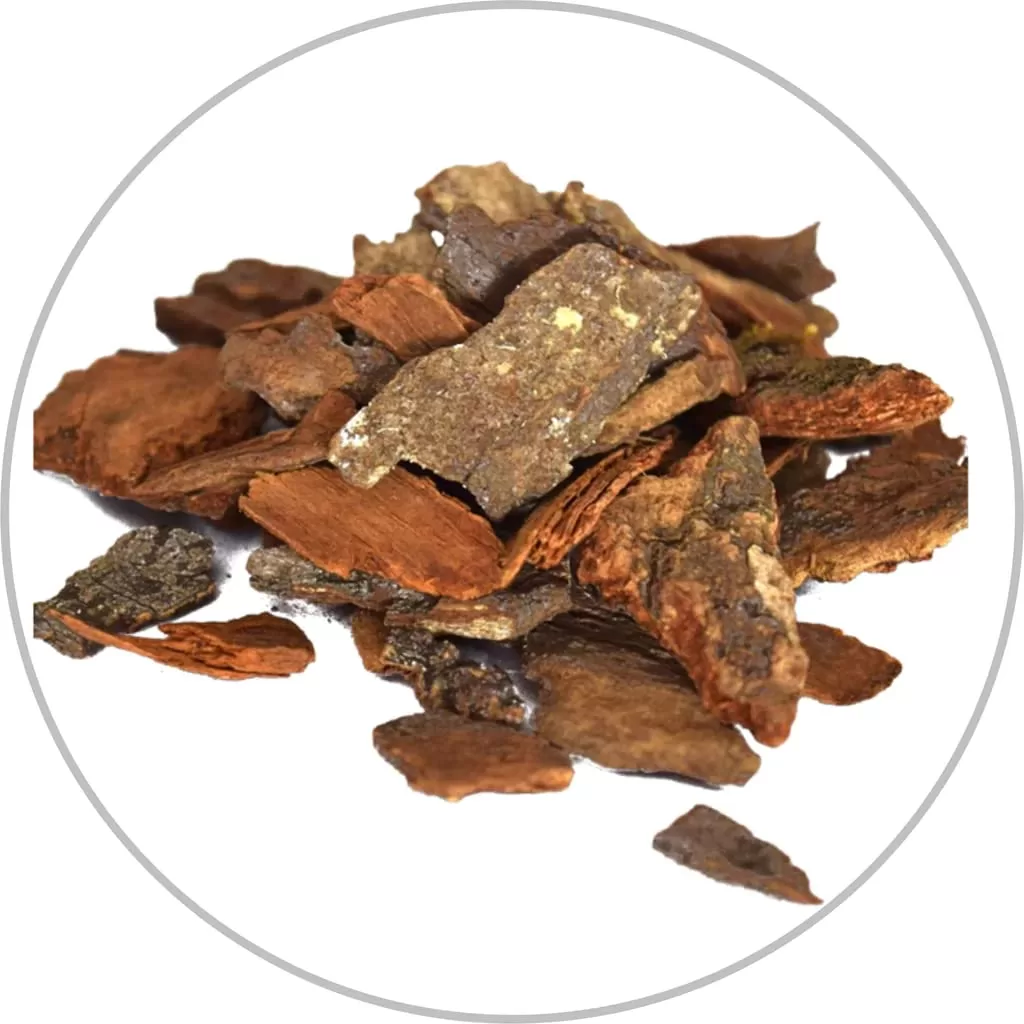


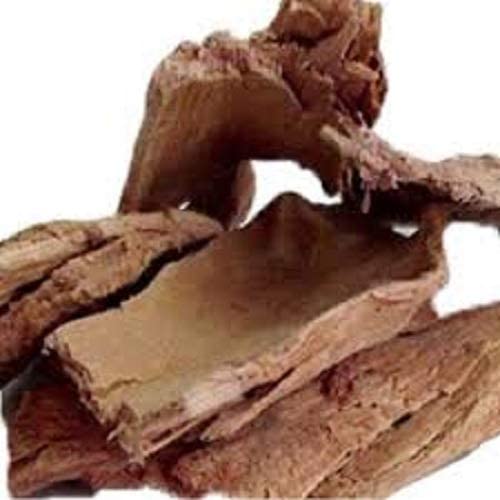


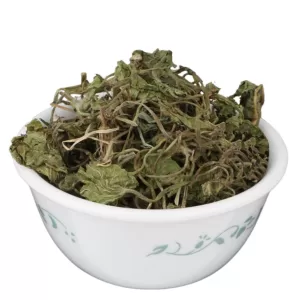
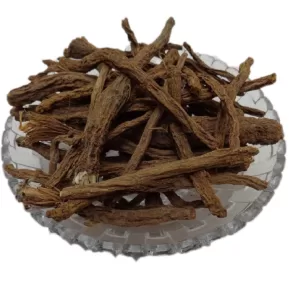
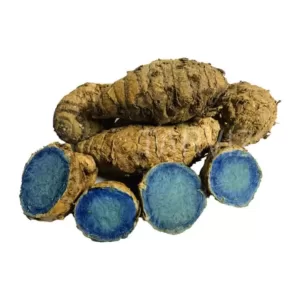
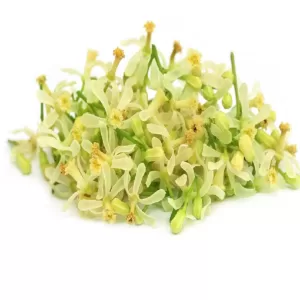
Reviews
There are no reviews yet.